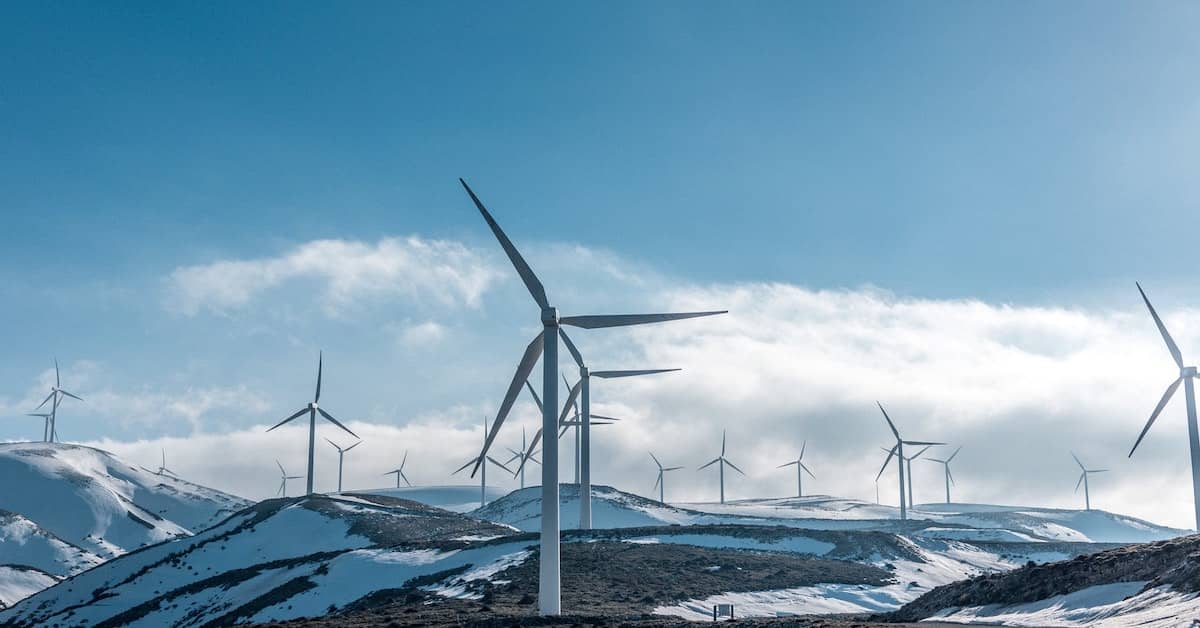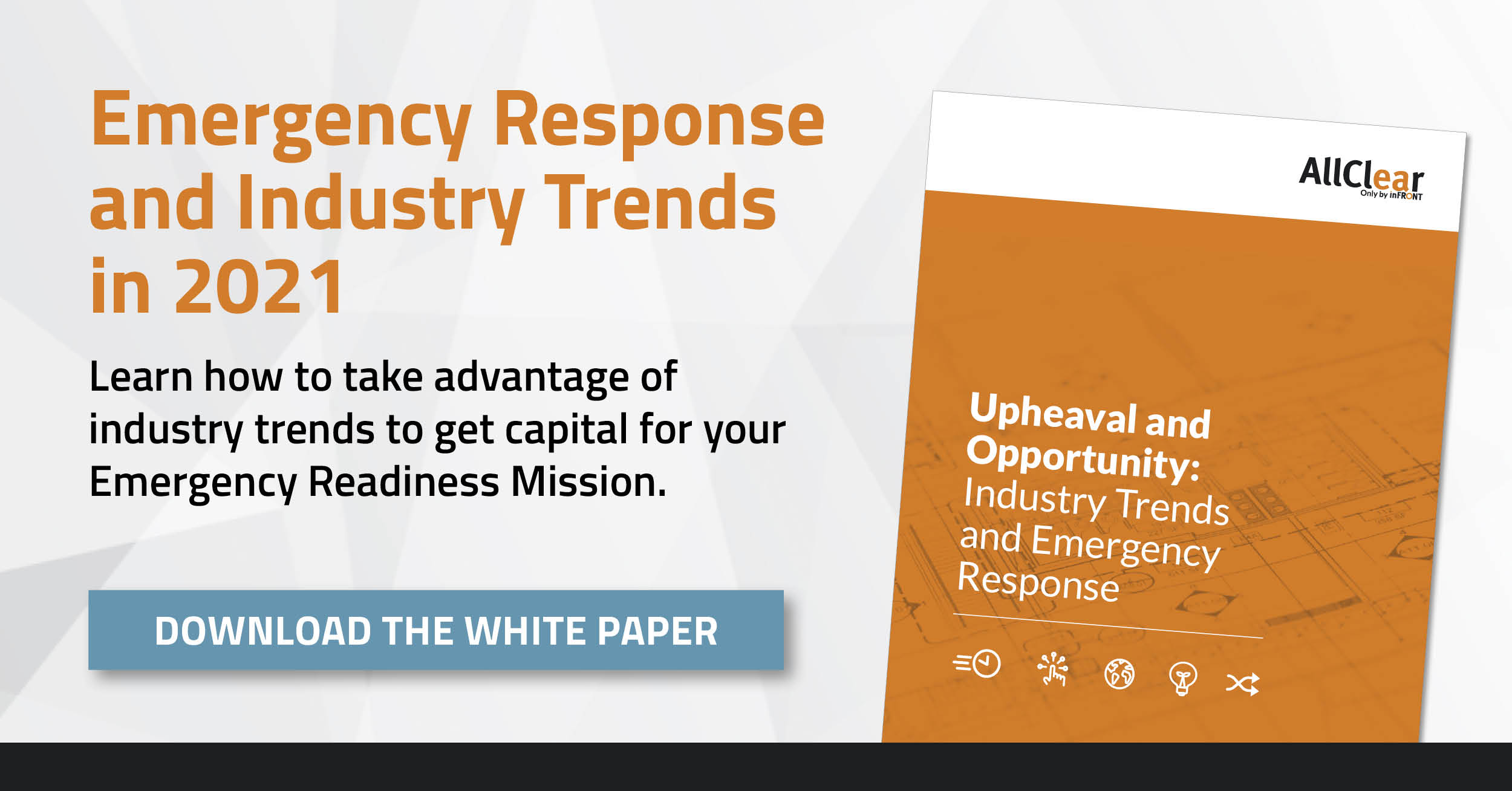
Texas and much of the US Gulf Coast will remember the week of February 15, 2021, for generations. Much like Hurricane Harvey in 2017, Winter Storm Uri’s effects will remain and, if appropriately absorbed, create positive change in the long run.
As I type this, we have many customers currently working to bring their sites back to operational status after historical freezes. A global dialogue about the causes of extreme weather events and humankind’s role in slowing the pace of climate change is already quite robust and ongoing. It is beyond the scope of our expertise and my scientific knowledge to comment on these issues.
Likewise, while we may have experiential commentary on the effects “hundred-year” weather events have on energy economics, we do not purport to be a group of economists. Of course, anyone actively working in this space understands an event with such a broad impact on the refining and petrochemical industries affects the entire planet. Global economic changes, significant capital investment decisions, and other strategic choices made by major companies cause these effects. Sadly, it also impacts individuals and families in acute ways economically and the ability to provide safe, reliable power, heat, etc.
However, our mission is Emergency Readiness for some of the highest hazard facilities in the world. We are qualified to recognize some areas where customers were not ready and discuss some lessons learned with our expertise.
The Emergence of Energy Transition
The discussion is timely for us. Not only did Uri put the debate of Readiness front and center, but it also ties directly into the convergence of trends we will address in a brand new white paper. Those trends are ESG Investing, Digital Transformation, and what is being called the Energy Transition. The Energy Transition is what I want to discuss briefly in this post.
This topic can become a political minefield. Stakeholders from the traditional companies using or refining hydrocarbons often blame renewable energy providers for not being “ready for primetime,” and supporters of renewables push back, claiming the fossil fuel industry is the cause of these weather events in the first place. As my final disclaimer, we understand placing blame is not the answer to this challenge. We acknowledge and embrace the Energy Transition as inevitable.
However, as we have repeated in our cautions about the pace and purpose of Digital Transformation for Emergency Readiness, we offer a similar notice regarding the Energy Transition. As stewards of the planet, let’s continue to find new ways to lower emissions, reduce our carbon footprint, and protect the environment. But one takeaway from Uri, at least from our perspective, is a more deliberate, collaborative, and (dare I say it) perhaps slower pace may prove more beneficial to humanity and the planet in the long run.
If acute events affecting over 20 million people aren’t enough to make us rethink the end game, maybe the after-effects may. For example, there will be millions of homes in Texas requiring new plumbing, HVAC, roof repairs, etc. Each of these repairs will involve materials created from fossil fuels. Whether it is galvanized piping, PVC, roofing shingles, or drywall, more energy and fossil fuels are needed to rebuild. This doesn’t count the hundreds of millions of dollars spent to restart or, in some cases, rebuild parts of industrial facilities throughout the Gulf Coast.
Going forward
Had we slowed down and allowed for another fossil-fueled power plant or two or invested in maintenance for wind turbines, natural gas facilities, and pipelines, the power grid may have been more robust and the effects of Uri less devastating. We aren’t blaming any individual group, but we can all learn and adjust.
So, as we transition to a more sustainable future, let’s remember the job of readiness is to “expect the unexpected” and plan accordingly. It may involve letting go of some fiercely held ideology to ensure both short-term reliability and long-term sustainability—the two don’t need to be mutually exclusive. Learn more about preparing your site for inclement weather.
We welcome input and discussion on the topics and on how they may affect your Emergency Readiness strategy.
For more thoughts from our CEO, Chris Laibe, on the confluence of trends surrounding the Energy Transition, investment in sustainable solutions (ESG), and Digital Transformation, please consider downloading and reading our white paper.

